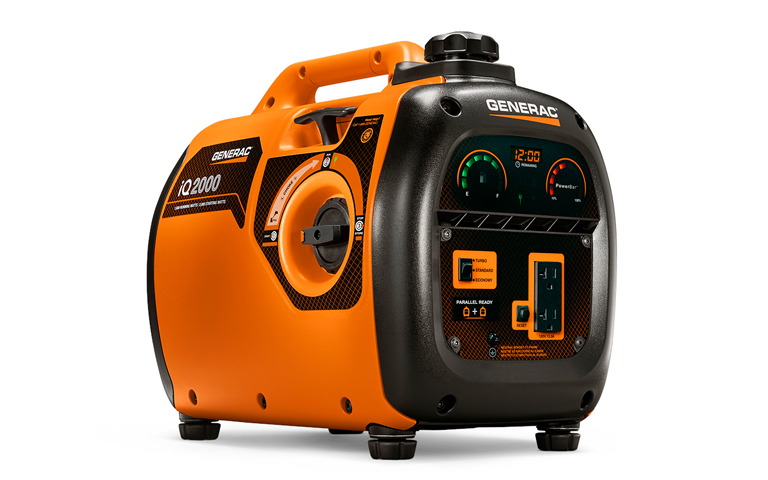Every Florida household should have a portable generator on hand to prepare for outages from hurricanes, storms, or floods. You can’t always rely on the electrical system to work perfectly, which is a scary thought when you consider the total cost of all electronic devices in your house. A portable generator can act as a final line of defense to keep your family comfortable after outages from a hurricane or severe storm in Florida. If you have never used a portable generator before or haven’t taken your household’s generator out of storage for years, here are some quick portable generator tips to bring you back up to speed. Remember, if you ever have doubts or worries about the safety of your generator, contact a professional.

- Know Your Limits: Each generator has a maximum wattage it can handle, and exceeding this limit can lead to overheating and potential damage to both the generator and connected devices. To avoid this, list all the appliances you plan to power and add their wattage requirements, usually found on the device’s label. Starting wattage (the power needed to start an appliance) is typically higher than running wattage.The total wattage of connected devices and appliances should not exceed or push up against the generator’s capacity. For items without clear labels, a general rule of thumb is that light bulbs require about 60-75 watts, while a refrigerator may need up to 800 watts to start. However, you can find most info online if it isn’t listed on the device. If calculations seem daunting or you’re planning to power sensitive electronics, contact a professional electrician to get the guidance you need on generator size and setup.
- Placement Matters: The placement of your portable generator significantly impacts safety, particularly concerning carbon monoxide (CO) poisoning. CO is a colorless, odorless gas that generators emit during operation, and it can be deadly if inhaled in enclosed spaces. Generally, generators should be operated outdoors with a large berth between the exhaust and open windows or doors. The exhaust should be directed away from living areas to prevent possible accumulation indoors.You shouldn’t use a generator indoors, even with doors or windows open, as CO can accumulate rapidly and go undetected. For an extra layer of safety, invest in a battery-operated CO detector placed near sleeping areas. Additionally, be mindful of weather conditions. Avoid placing your generator in areas prone to flooding or under direct sunlight, which can overheat the equipment and lead to degradation.
- Keep It Running Smoothly: Regular maintenance keeps your portable generator operating efficiently and safely over time. Not all generators are the same, but common checkpoints include oil, spark plugs, air filters, and fuel. Follow generator guidelines closely to see what you need to check and what a working system should look like. After a long period of disuse, a portable generator may need extensive care to get back in working order. You should conduct practice runs to monitor components and determine whether further help from a professional is needed to maintain the generator.
- Fuel Handling: Refueling your portable generator requires caution to prevent accidents, similar to refueling a vehicle. Always turn off the generator and wait for it to cool before adding fuel. Adding gasoline directly to a hot or warm generator engine can cause vapors to ignite, leading to fire or explosion. This cooling period also allows you to inspect the generator for any signs of malfunction or damage before it’s restarted.Keep gasoline in approved, tightly sealed containers, away from the generator and living spaces. This reduces the risk of fume accumulation and accidental ignition. Store the containers in a cool, ventilated area to minimize the expansion of gasoline vapors, and have a fire extinguisher nearby whenever operating the generator.
- Expert Maintenance for Longevity: While regular maintenance checks and proper care can address minor complications, complex generator issues signal the need for professional intervention. If your generator is running hot, failing to start, or not operating in a way you feel is safe, contact a professional immediately. An electrician can diagnose issues and help prevent more from happening in the future. Annual maintenance checks can extend the life of your generator and are the best way to make sure that your family will not be left without power following a hurricane or summer storm.If you need help maintaining your generator, need some generator tips, or want to purchase a new one to protect your family, contact Promise Electric today to speak to an experienced team member.


